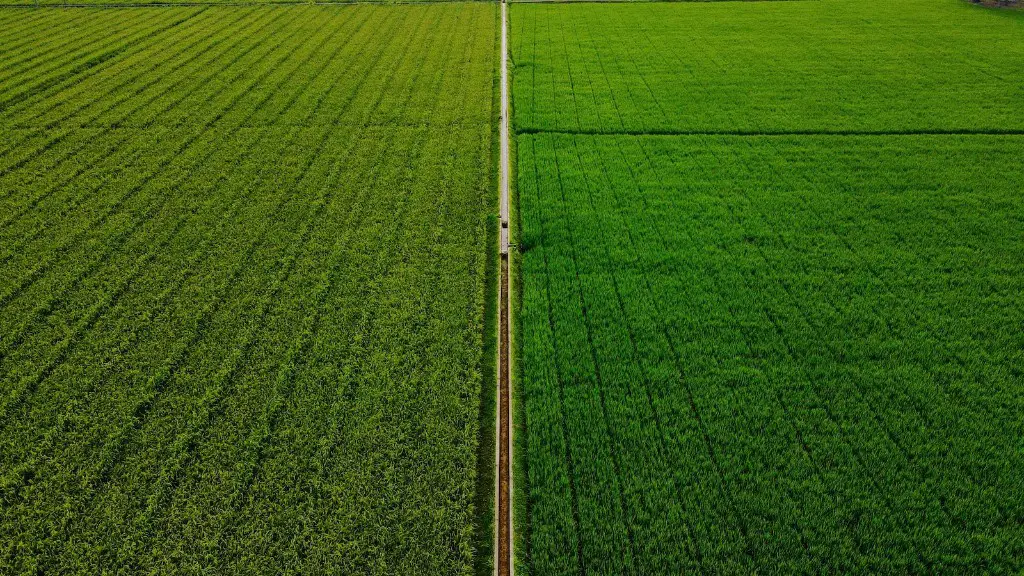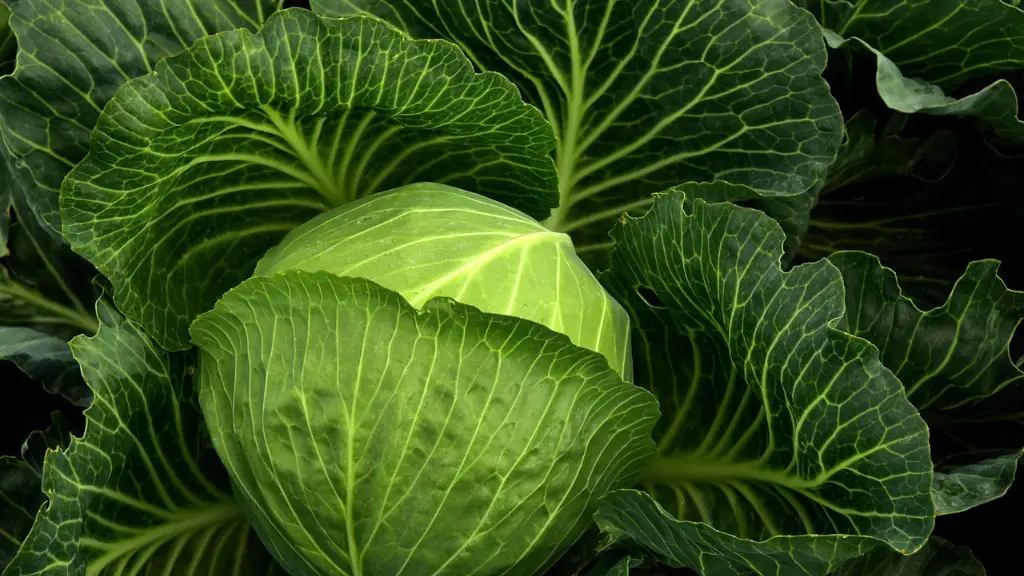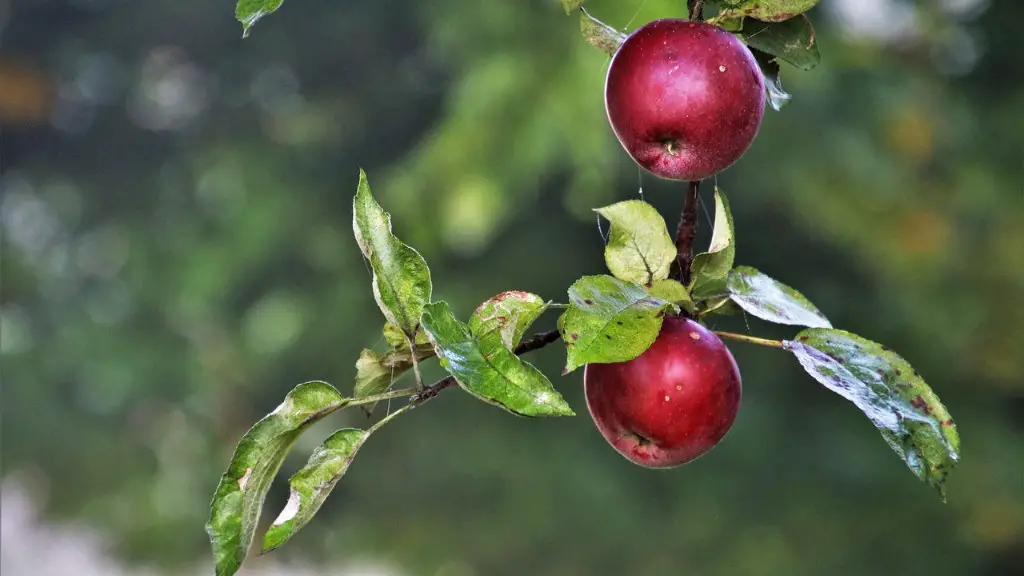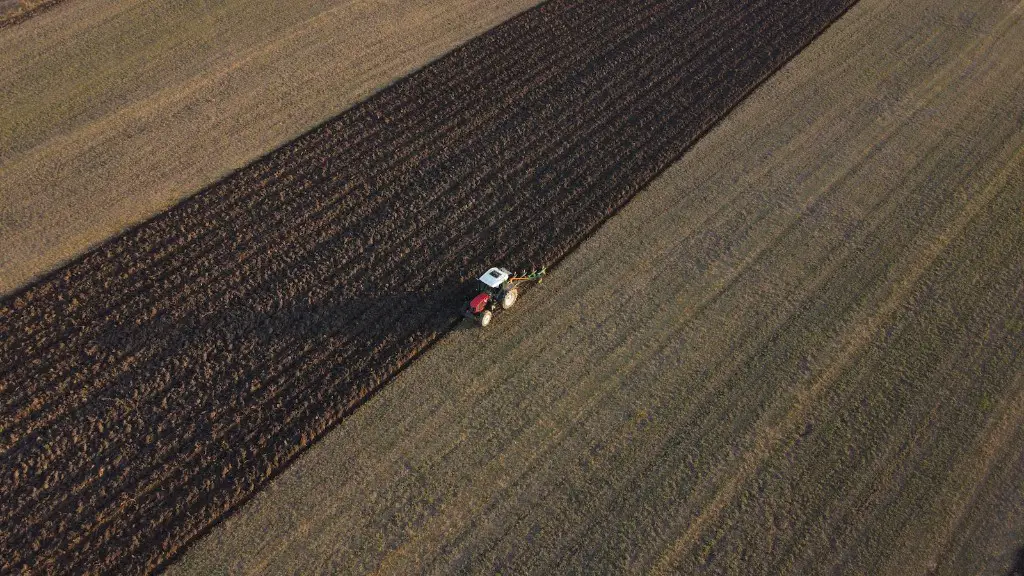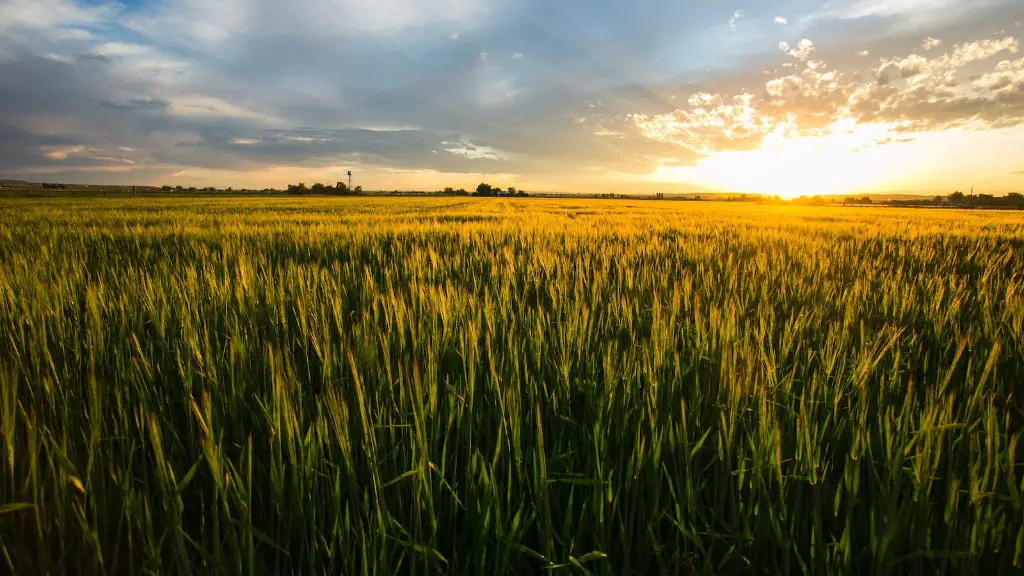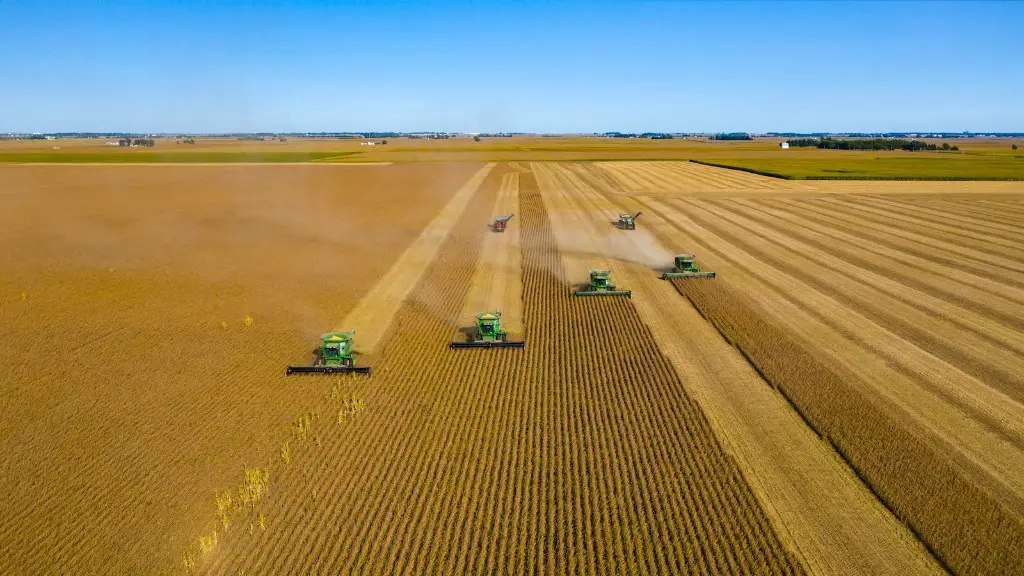The Florida Department of Agriculture is the state’s lead agency for promoting and protecting agricultural industries. The department’s mission is to maximize the economic, environmental and social opportunities for Florida’s diverse agricultural industries. The department has a wide range of responsibilities, including regulating the state’s agricultural industry, promoting Florida products, working to keep farms and ranches economically viable, protecting the state’s agricultural resources, and more.
The Florida Department of Agriculture and Consumer Services is responsible for protecting the public and promoting Florida agriculture. The Department is divided into five main divisions: Agriculture, Consumer Services, Environmental Services, Food and Nutrition, and Plant Industry. The Department’s work includes regulation of agriculture, food safety, weights and measures, and pest control; promotion of Florida agriculture; and education about agriculture and consumer issues.
What are the responsibilities of the Department of Agriculture?
The United States Department of Agriculture (USDA) is responsible for providing leadership on food, agriculture, natural resources, rural development, nutrition, and related issues. The USDA works to ensure that all people have access to safe, nutritious, and affordable food. The USDA also works to protect our natural resources, and to promote economic development in rural communities.
The Commissioner of Agriculture oversees the Florida Department of Agriculture and Consumer Services. With his background in agriculture, Commissioner Simpson clearly understands the challenges faced by Florida’s farmers. He is committed to working with the agricultural community to find solutions that will help farmers succeed.
Why does Florida have agricultural inspection
The Florida Department of Agriculture and Consumer Services’ Office of Agricultural Law Enforcement operates 23 agricultural inspection stations to protect Florida’s agriculture and ensure a safe food supply. There’s a station on every paved highway going into and out of the state.
Florida is one of the top agricultural producing states in the US. The state’s 47,400 farms and ranches utilize 97 million acres and continue to produce a wide variety of safe and dependable food products. The total production value of Florida products in 2020 was over $6 billion.
What programs does the Dept of agriculture have?
The Department of Agriculture’s (DA) national banner programs on rice, corn, high value crops, livestock, and organic agriculture are priority programs that aim to address food security, poverty alleviation, and sustainable growth through increased farm income and productivity. These programs are designed to help small farmers and rural communities increase their incomes and improve their livelihoods. The programs also aim to promote sustainable agriculture practices and contribute to the country’s economic growth.
The FSIS (Food Safety and Inspection Service) is a federal agency that is responsible for ensuring that meat, poultry and egg products are safe, wholesome and properly labeled. The FSIS protects the public’s health by ensuring that these products are free of harmful contaminants and are safe to eat. The FSIS also makes sure that these products are properly labeled so that consumers can make informed choices about what they purchase and consume.
What are 3 main types of agriculture Florida?
While Florida is best known for its tropical weather and beaches, the state’s climate also makes it a top spot for agriculture. Florida’s warm weather and ample rainfall allow for a wide variety of crops to be grown, including oranges, sugar cane, and a variety of greenhouse and nursery products. And with over 19 million acres of land devoted to agriculture, Florida is one of the top agricultural states in the country.
I’m proud of the progress we’ve made in Florida under the leadership of Governor Ron DeSantis.
In 2022, we’ve made major strides in economic development, job creation, and improving our business climate. We’ve also worked hard to increase access to education and training opportunities, and help our residents re-enter the workforce.
I’m excited about the future of our state and the continued success of our economy under the Governor’s leadership.
Who oversees Deo Florida
The executive director of the Department of Economic Opportunity is the head of the department and is appointed by the Governor. The executive director reports to the Governor and serves at the pleasure of the Governor.
Typically, five acres or less are used in conjunction with other properties for row crops. “Row crops” is used in reference to those agricultural products referred to as vegetables.
What do agricultural checkpoints look for?
Our inspectors are looking for compliance with California and federal plant quarantine regulations. They also check commodities to make sure they are free from exotic invasive species that may be hitchhiking with them.
It is unlawful to pass any official agricultural inspection station without first stopping and submitting the vehicle for inspection, unless the vehicle is exempted or authorized by subsection (5). This applies to all drivers, not just those driving agricultural vehicles.
What is the #1 agriculture state in the US
These states produce the most agricultural products in terms of cash receipts and are thus the top 10 agriculture-producing states. Nebraska, for example, is known for its corn production, while Iowa produces the most soybeans. Illinois is a top producer of both corn and soybeans, while Texas produces the most cotton.
The state of Florida relies heavily on sales tax for its general revenue. In fact, around 80% of the state’s general revenue comes from sales tax. This is why it is important for businesses to collect and remit sales tax to the state. Not only is it the law, but it also helps to fund vital services that the state provides.
What are the top 3 major industries in Florida?
The state of Florida is home to a variety of industries that continue to grow and thrive. These industries include aerospace, life sciences, manufacturing, homeland security, and information technology. Each of these industries has a strong foothold in the state and is continually expanding. This is good news for the economy of Florida as well as for the residents who are employed in these industries.
The Department of Agriculture, Land Reform and Rural Development (DALRRD) is mandated to develop agricultural value chains, provide agricultural inputs, and monitor production and consumption in the agriculture sector, as well as facilitating comprehensive rural development.
What qualifies as a farm in Florida
The Florida Right to Farm Act protects farmers from being sued for damages caused by farming activities. The Act defines a farm as land, buildings, support facilities, machinery, and other equipment used in the production of farm or aquaculture products. This protection is important because it allows farmers to continue to operate without fear of being sued for damages.
The Department of Agriculture (USDA) is a United States executive department established in 1862 in order to “provide leadership on food, agriculture, natural resources, rural development, nutrition, and related issues based on sound public policy, the best available science, and efficient management. The USDA is responsible for developing and executing Federal food, agriculture, forestry, and natural resources policies, as well as promoting economic development and assuring the safety of American foods.
Conclusion
The Florida Department of Agriculture and Consumer Services is responsible for ensuring that the state’s agriculture industry and consumers are protected from fraudulent and unsafe business practices. The department also regulates the use of pesticides and fertilizers, and inspects fruits and vegetables for marketability. It also promotes Florida agriculture through initiatives such as the Fresh From Florida marketing campaign.
The Florida Department of Agriculture and Consumer Services is responsible for safeguarding the public, their property, and the state’s natural resources through the efficient delivery of professional services. The Department is the state’s lead agency for agricultural management and food safety, consumer protection, energy, environmental stewardship, and water resources. The Department also manages state forests, parks, and fish and wildlife habitats.
